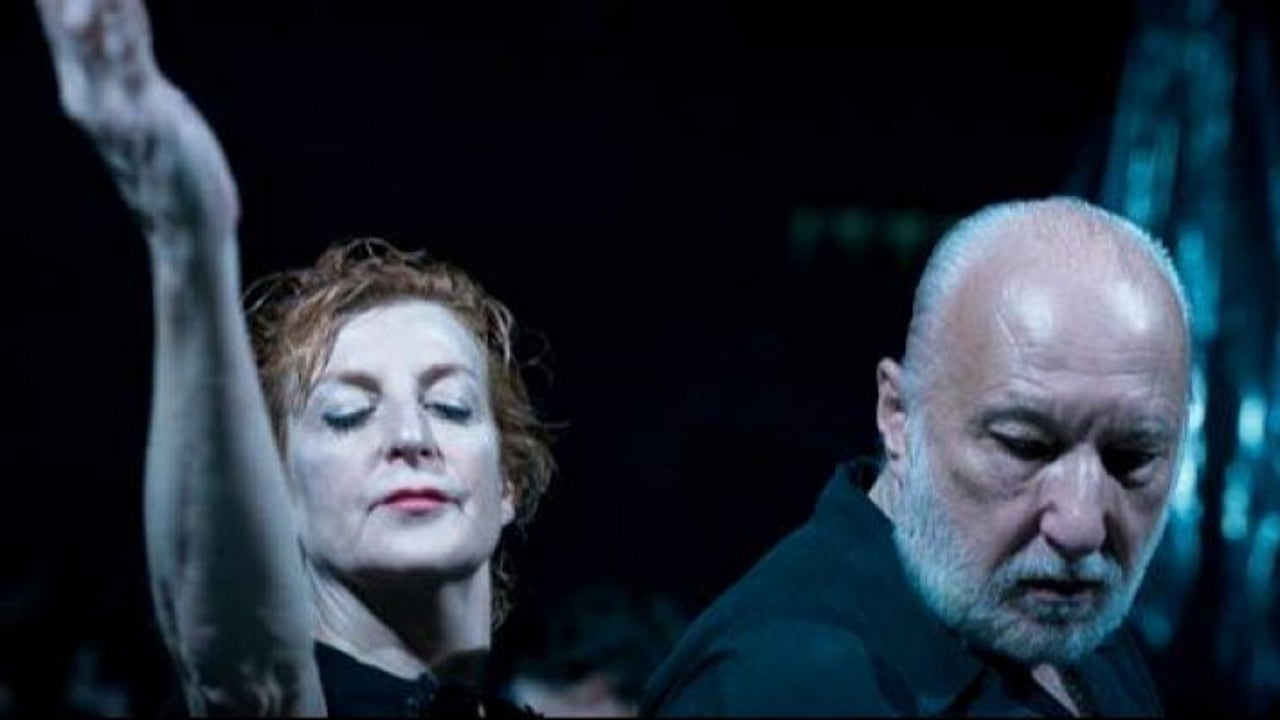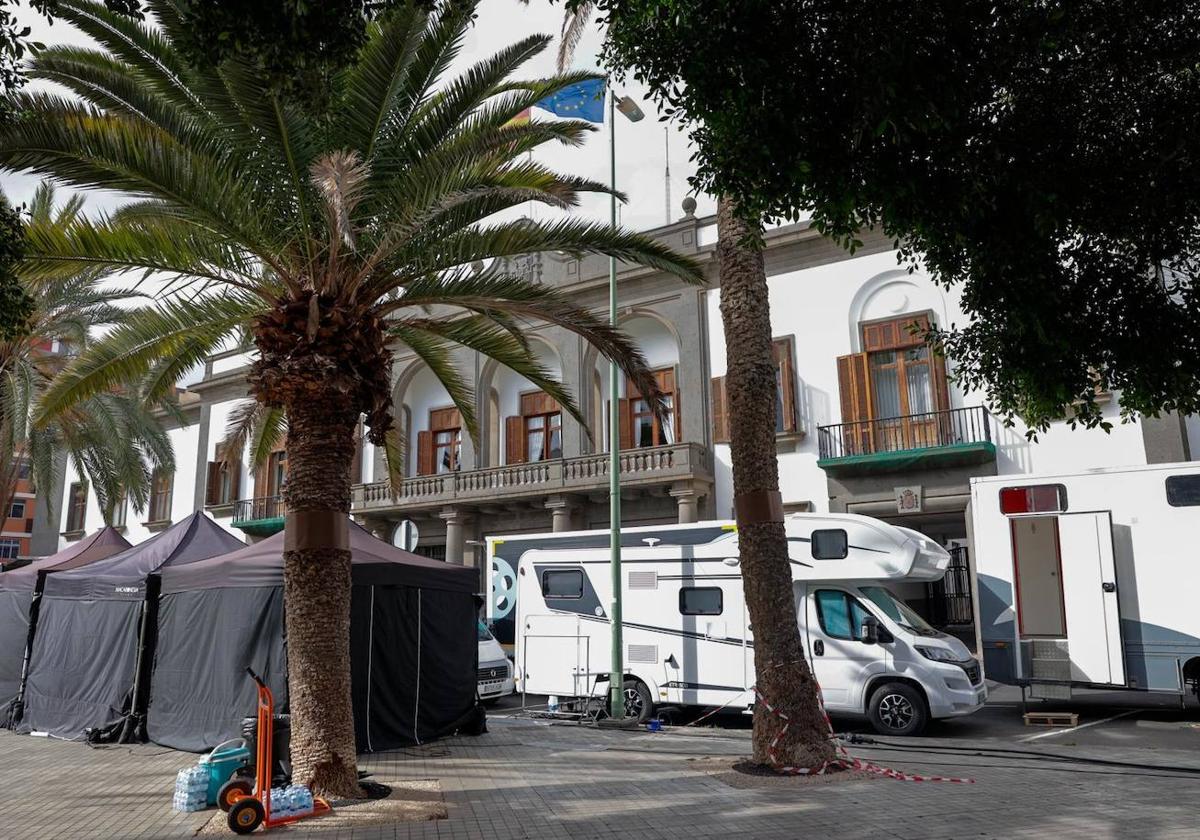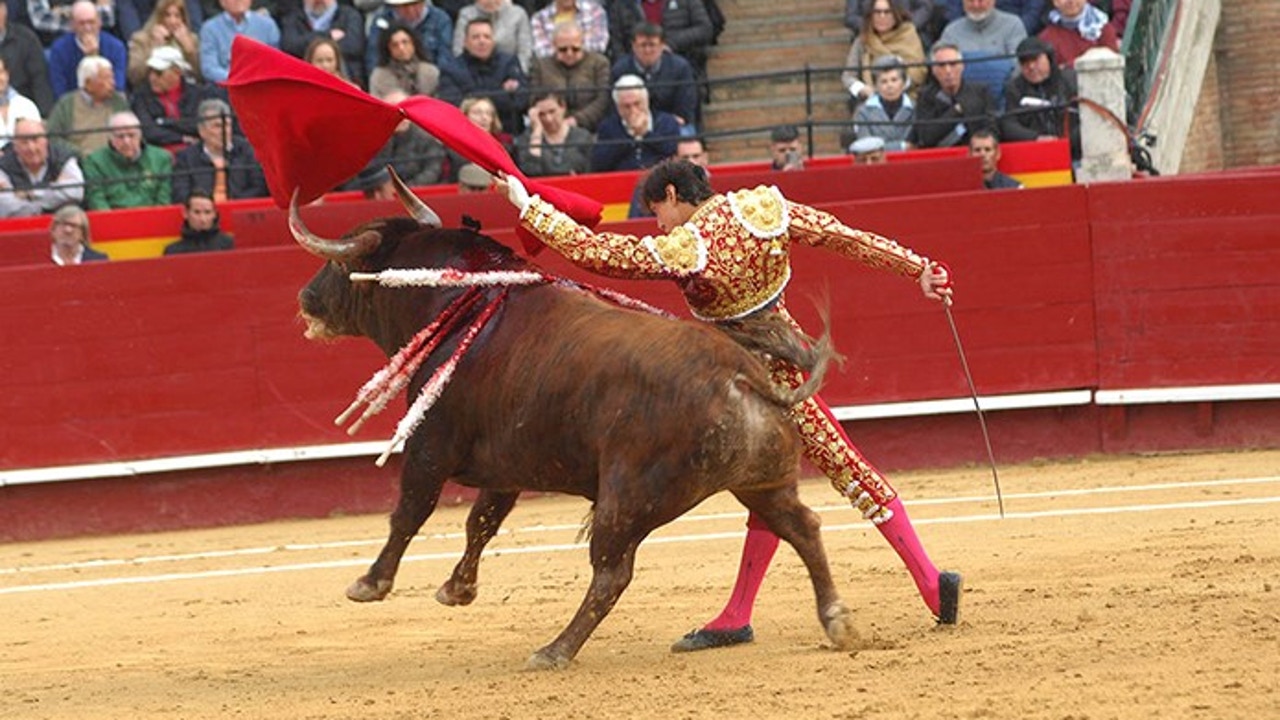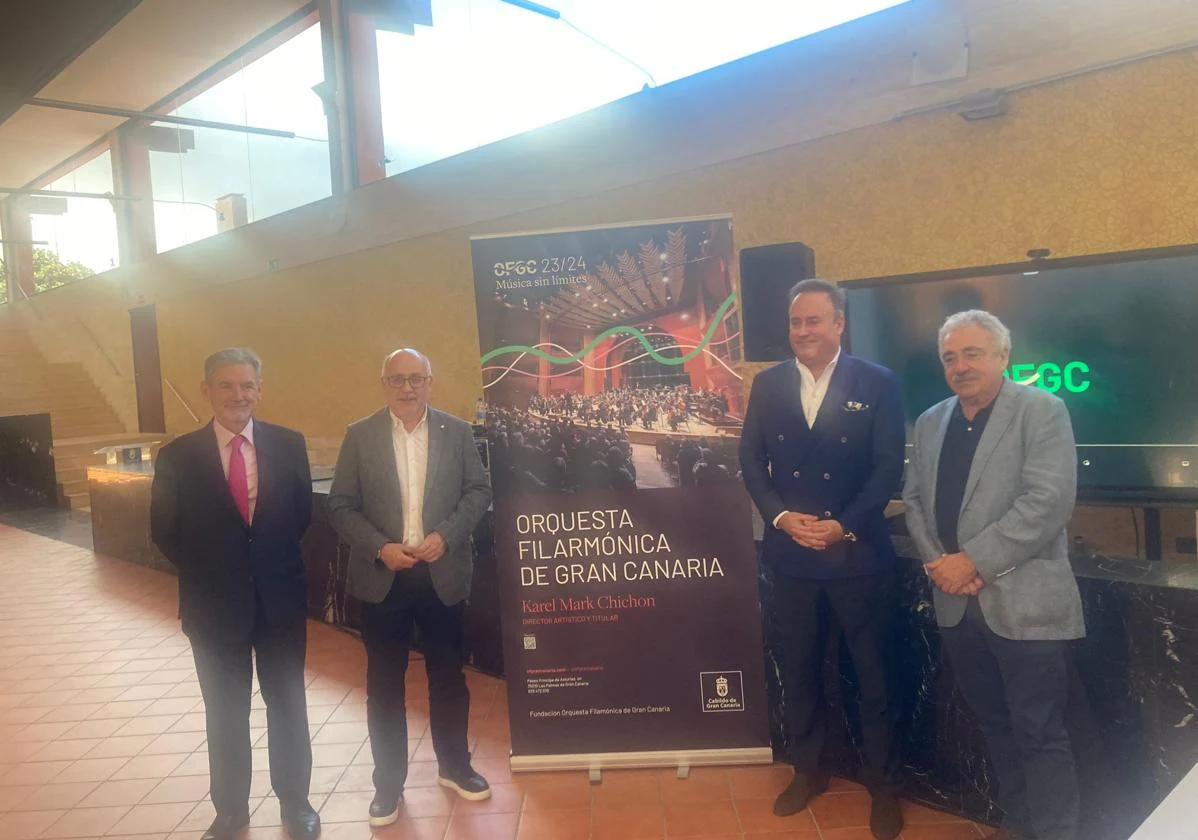bell hooks, the author who reminds the white middle class that they still have homework to do

bell hooks is dead. No, there is not a misprint in her name: bell hooks (Kentucky, 1952), one of the most important feminist authors of the last decades, was named in lowercase because the important thing, she said, was what she wrote. The ideas deserved the capital letters and not the names. So Gloria Jean Watkins, that was her first name, borrowed her great-grandmother's (Bell Blair Hooks), took the big letters out of it, and made it her nom de guerre. At 69 years old and ill, Hooks died this Thursday, December 15, 2021 at her home, surrounded by family and friends.
Bell Hooks' African American and Class Feminism: Writing About Culture to Transform Society
Know more
We are left with the pain of the loss, and his capitalized ideas, spread over more than 40 books. hooks was an exponent of the so-called intersectional feminism: her theories and contributions underline the need to intertwine the analysis and struggle of gender with that of race and class. The three systems are united and feed into each other and it is necessary to take into account and combat all three to truly eradicate oppression, he defended.
The writer knew what she was talking about. Black, from a humble family, she studied in segregated schools. The experiences are mixed in his texts with ideas, bold and also uncomfortable approaches, and with many questions, explicit or in the air, that confront those who read it. You may agree more or less with bell hooks, but their ability to open up new horizons was unquestionable.
That intersectionality that the essayist advocated has become better known in recent years, although it continues to generate a certain conflict, also within feminism. Hooks appealed to middle-class white women or, even more, to a white feminism that on many occasions has taken as a measure of its demands a woman's subject that left out the reality and needs of racialized, poor, lesbian women, trans, marginalized, precarious.
"If women use their class or race power to dominate other women, it is impossible to fully achieve this sisterhood," she argued. Sisterhood is not possible if women do not let go of the class and race biases that also run through us and that can lead us to dynamics of power or domination of other women. hooks also had a lot to say about the role of men in feminism; She was convinced that her involvement was essential for change.
"The union between men is an accepted and affirmed aspect of patriarchal culture. It is simply known that men's groups will stick together, support each other, team up, and put the good of the group above individual benefit and recognition. Union of women was not possible within the patriarchy, it was an act of betrayal, but the feminist movement created the context for this union to be possible. We do not unite against men, we unite to protect our interests as women ", wrote in Feminism is for everyone (Traffickers of Dreams).
In recent years, her essays have been translated and published in Spain like a torrent, with interest fueled by the 8M feminist explosion. In bookstores you can find Am I not a woman? (Consonni) - which was inspired by the speech with the same title of the 19th century black activist Sojourner Truth-, Feminist theory: from the margins to the center (Dream Traders), Teach to transgress (Captain Swing), or All about love (Paidos).
Because the best tribute to someone who wanted to name himself in lowercase to highlight his ideas is to read the books where he left them written.











